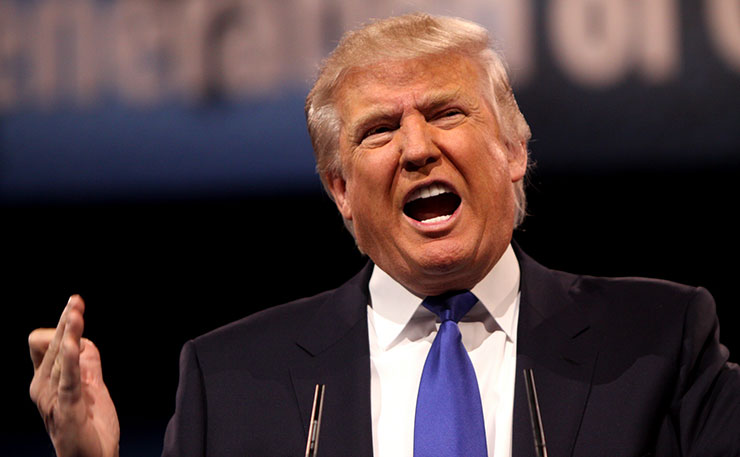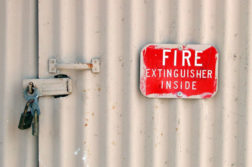An academic boycott of the United States is warranted, writes Dr Christopher Peterson. But the Australian tertiary sector’s response so far is too weak.
Today I signed a petition calling for a boycott of international academic conferences held in the US. The boycott has been organised in response to President Donald Trump’s executive order to ban entry to the US by Muslims from seven selected countries.
The boycott currently has over 5,000 signatures. I also signed another petition imploring Australian Universities to explicitly denounce Trump’s polices as well as to support international students by funding scholarships for students from countries affected by the ban.
I am an American citizen by birth, and a naturalized Australian citizen. So it’s disorienting to say the least to be boycotting my home country.
Detractors of boycotts point to the collateral harm they sometimes inflict on those whom we are intending to help. Yet the preservation of American democracy outweighs whatever temporary inconveniences American academics might incur if the call for a boycott receives widespread support.
As one American academic on my Facebook feed said today: “Boycott me, please!”
Trump’s executive order is so patently abhorrent that even former Vice President Dick Cheney — one of the chief architects behind America’s disastrous wars in Afghanistan and Iraq — has stated that it “goes against everything we stand for and believe in.” Let that sink in for a moment: a man who is directly responsible for the deaths of thousands of Muslims around the world thinks Trump has gone too far.
Now, we can certainly scorn Cheney for his hypocrisy, and we can equally ask why current Vice President Mike Pence seems to have changed his mind since 2015, when he stated that “calls to ban Muslims from entering the U.S. are offensive and unconstitutional.”
Regardless, the perversity of finding myself for once agreeing with Dick Cheney only underscores the salience of the popular hashtag: #thisisnotnormal.
In response to the ban, Universities Australia has released a statement of “concern.” UA describes itself as “the peak body representing Australia’s universities.” Their media release states: “The ban has the potential to adversely affect research collaboration, academic conference participation, student exchange programs and postdoctoral work.”
UA is no doubt correct that the ban will generate a myriad of adverse effects for academics and students. But is an expression of “concern” the best UA can muster?
My hope is that the urgency of the issue will inspire UA to take a more proactive role and heed the call to support international students affected by the ban.
Obviously, much more is at stake than international collaboration. I teach at Western Sydney University, which enrolls a diverse student body that includes many Muslim students. So my conscience prohibits a tepid response.
Let’s be clear: the ban is a shocking affront to decency and humanity. It is an expression of profound racism and intolerance. I didn’t sign the boycott solely to express solidarity with those academics prevented from attending conferences on racist grounds. I also signed on behalf of all my students — no matter their race or ethnic background.
Universities everywhere must stand strong against Trump’s raw and unabashed bigotry.
Donate To New Matilda
New Matilda is a small, independent media outlet. We survive through reader contributions, and never losing a lawsuit. If you got something from this article, giving something back helps us to continue speaking truth to power. Every little bit counts.





